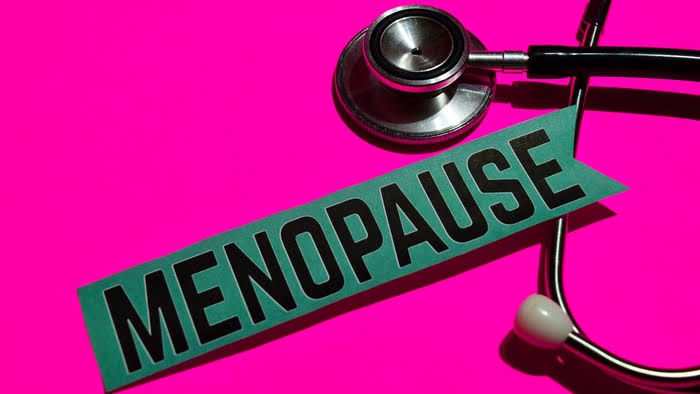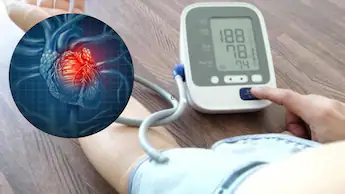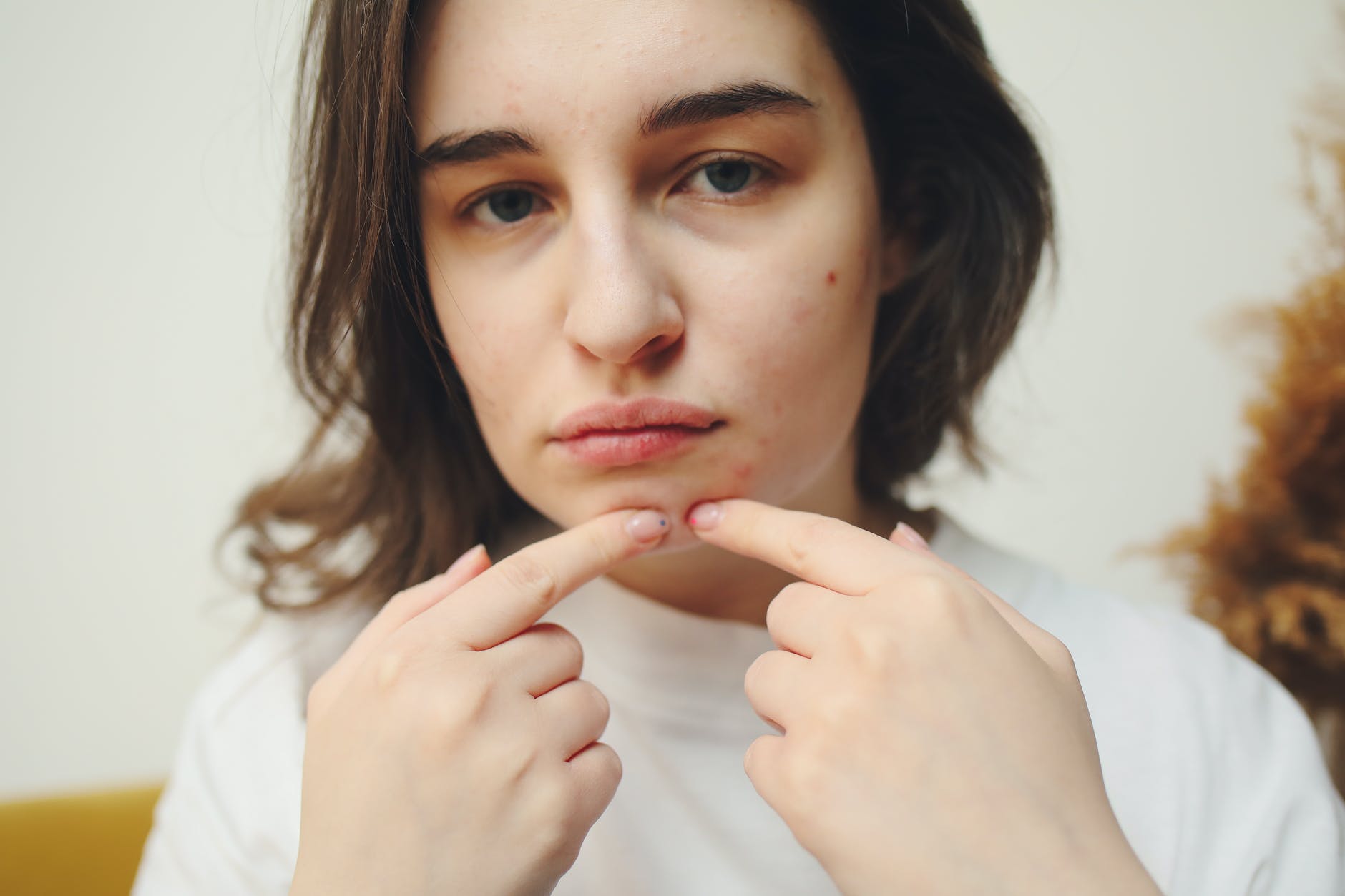
Perimenopause is the period of time that leads up to menopause—which itself is defined as just one day, 12 months after your last period—and it generally lasts between four and eight years. A time in which estrogen levels decline, it brings with it a number of different symptoms, which vary (in severity as well as type) from person to person.
“In women over the age of 45, you don’t necessarily need a blood test, but can focus on symptoms instead,” explains Dr. Paula Briggs, chair of the British Menopause Society and consultant of sexual and reproductive health at Liverpool Women’s Hospital. “If the symptoms start to have an impact on your quality of life, then I’d advise talking to somebody, whether a pharmacist, GP, or nurse practitioner.
When it comes to treatment, Dr. Briggs says the important thing is that care is individualized—not everyone benefits as a result of the same treatment. For some, it might mean daily holistic lifestyle changes, such as exercise or cognitive behavioral therapy (CBT), or eating a more balanced diet, while for others, hormone replacement therapy may be more effective. “The message that seems to be loudest at the moment is that all women must have HRT, but that’s not true,” says Dr. Briggs. “Not all women want HRT, and not all are eligible for it.”
Knowledge is power, so understanding the symptoms that accompany perimenopause won’t only help you to find the right treatment but also some semblance of peace if and when you do encounter them.
5 Key Signs and Symptoms of Menopause
1. Changes to the menstrual cycle
One of the earliest signs you may be going through perimenopause? “The gap between periods might become shorter or longer, and they often become heavier,” explains Dr. Briggs. This is because the gradual reduction in estrogen impacts ovulation, meaning that time between periods can fluctuate, as can flow. According to the Mayo Clinic, a space of 60 days or more between periods indicates that you are likely in late perimenopause.
2. Hot flashes
A common symptom of menopause, hot flashes (and their after-dark counterparts, night sweats) can be very uncomfortable. Defined by a sudden feeling of heat, usually in the face, neck, and chest, the hot flash can also cause skin to flush, and sweating to occur, making them a physical— and often emotionally impactful—experience.
3. Difficulty sleeping
Whether it’s waking up constantly in the night or not being able to get to sleep in the first place, another key sign is difficulty sleeping. “Alongside disrupted sleep comes brain fog because if you don’t sleep, you tend to have difficulty thinking clearly,” says Dr. Briggs. You may also start to notice feeling more tired, moody, or down during the day.
4. Mood swings
From anxiety to depression, many women have spoken out about the mental health issues that can accompany perimenopause. As Kathleen Baird-Murray wrote in a previous Vogue story on the link between menopause and mental health, there is a “shockingly high rate of suicide in women aged 45 to 54 years old, which doctors acknowledge may be related to the biological changes associated with menopause”. But, given the dearth of research in this area, it can be difficult to know whether changes in mood are linked to other factors or the menopause itself, says Dr. Briggs.
5. Vaginal dryness
“One of the symptoms that is virtually universal is vaginal dryness and vulval itching, but no one really talks about it—80 percent of women have some element of these symptoms,” says Dr. Briggs. You may also find yourself suffering from more urinary tract infections or incontinence during this time due to changes to the tissue in the area.
Supplements to Consider if You’re Going Through Menopause
Whether its mood swings to fatigue and hot flashes, finding ways to manage menopausal symptoms is key. Luckily, there are an array of supplements to make this hormonal phase of life that much easier. For example, multivitamins help maintain energy and mood while probiotics (or polyphenols) optimize gut health. Otherwise, if brain fog is your top concern, experts say an omega-3 supplement could be beneficial. (Source: Vogue)






